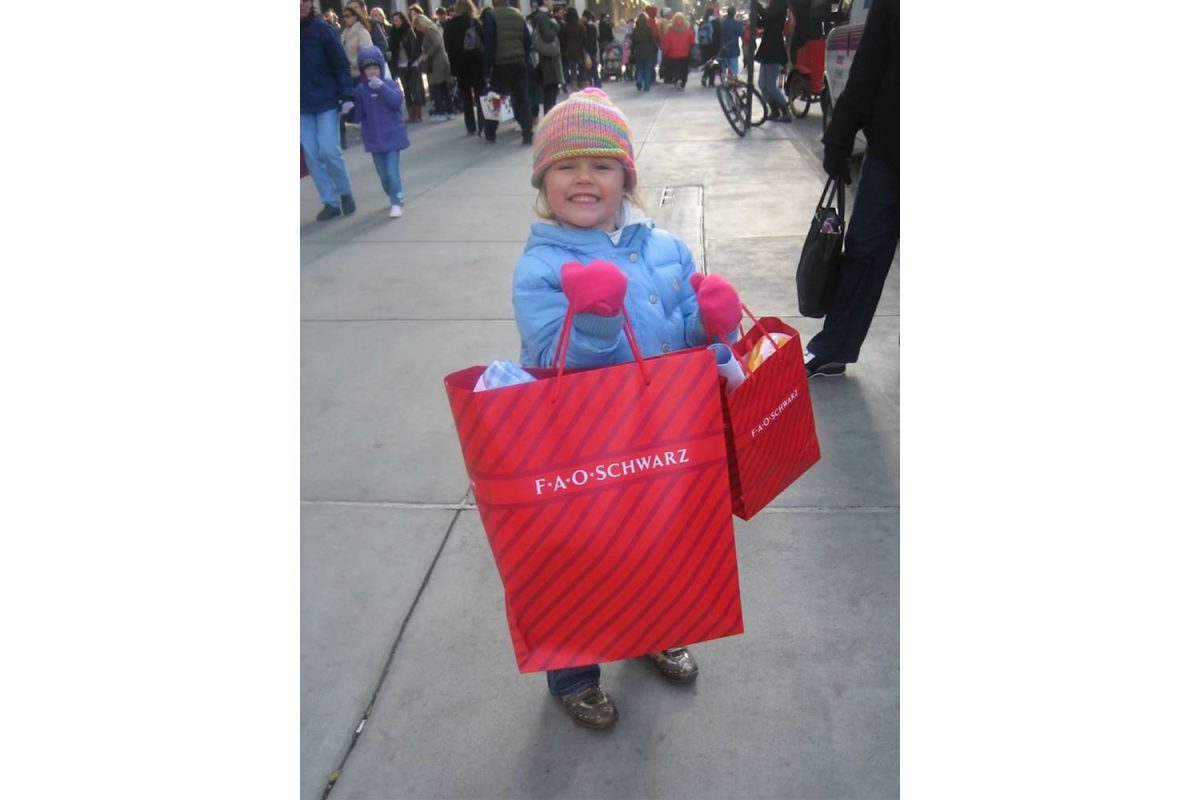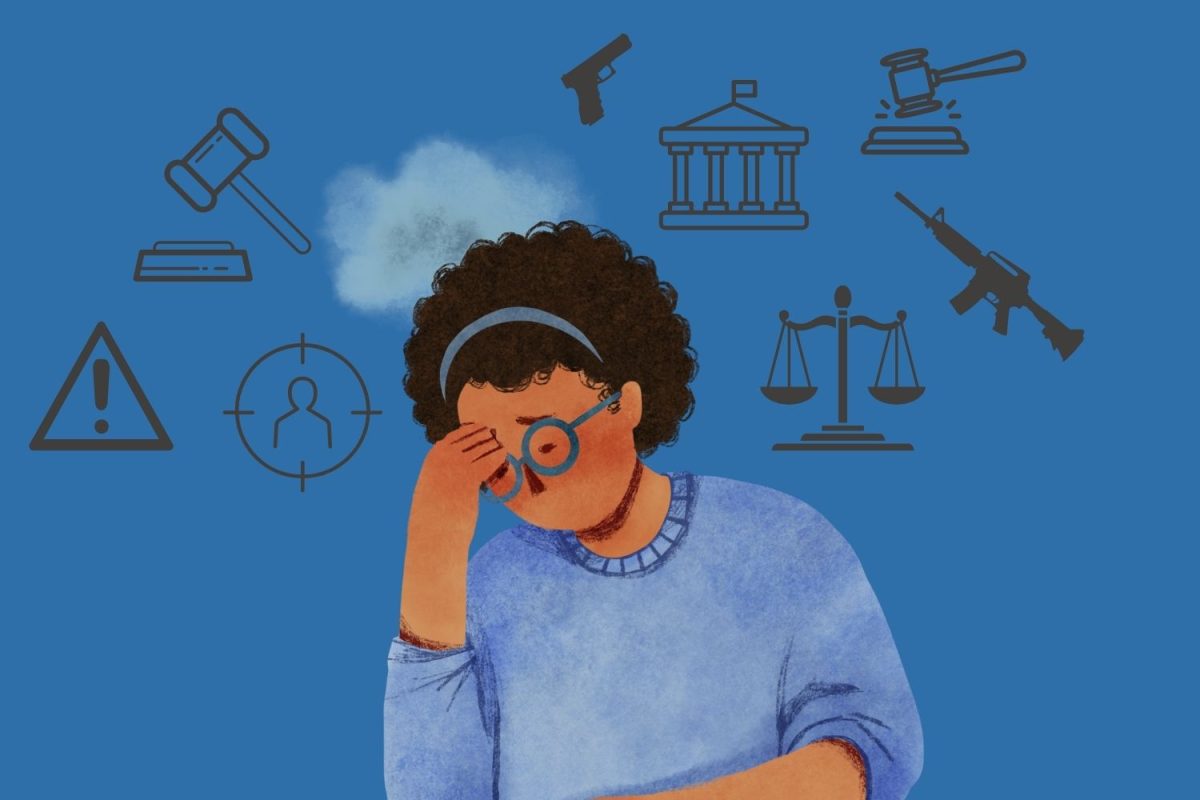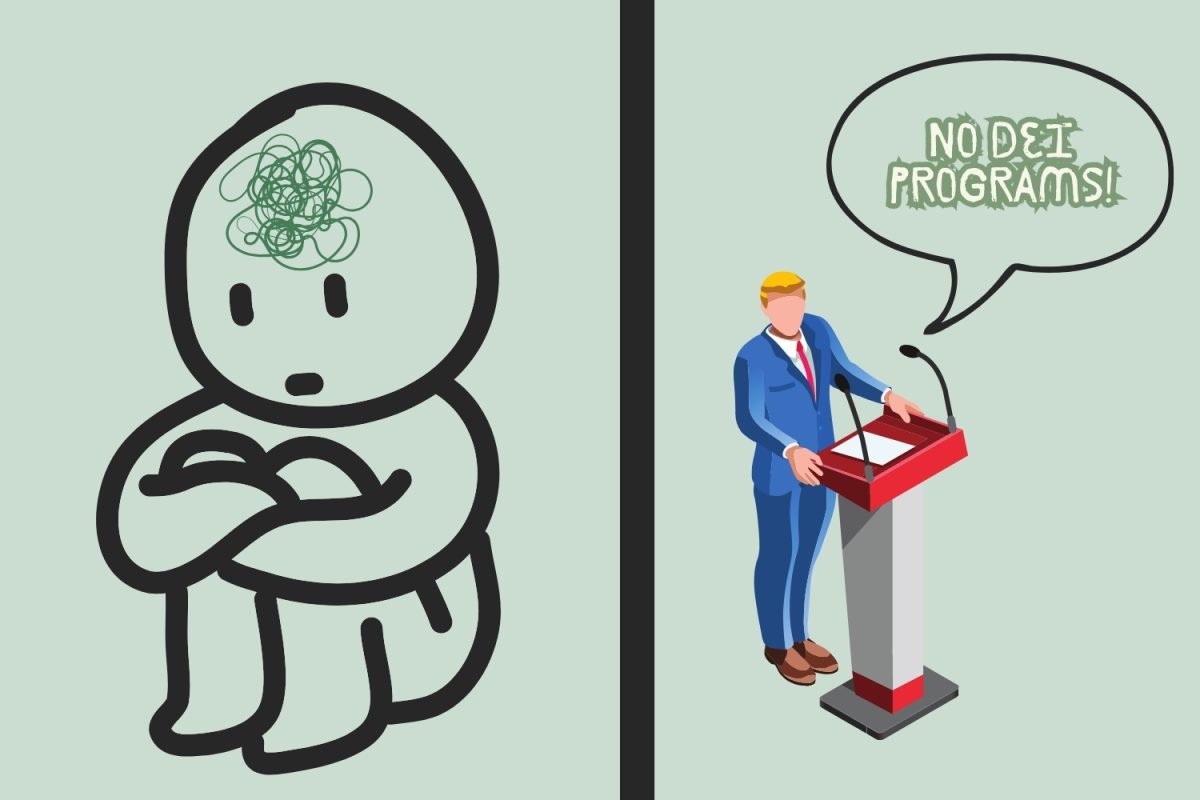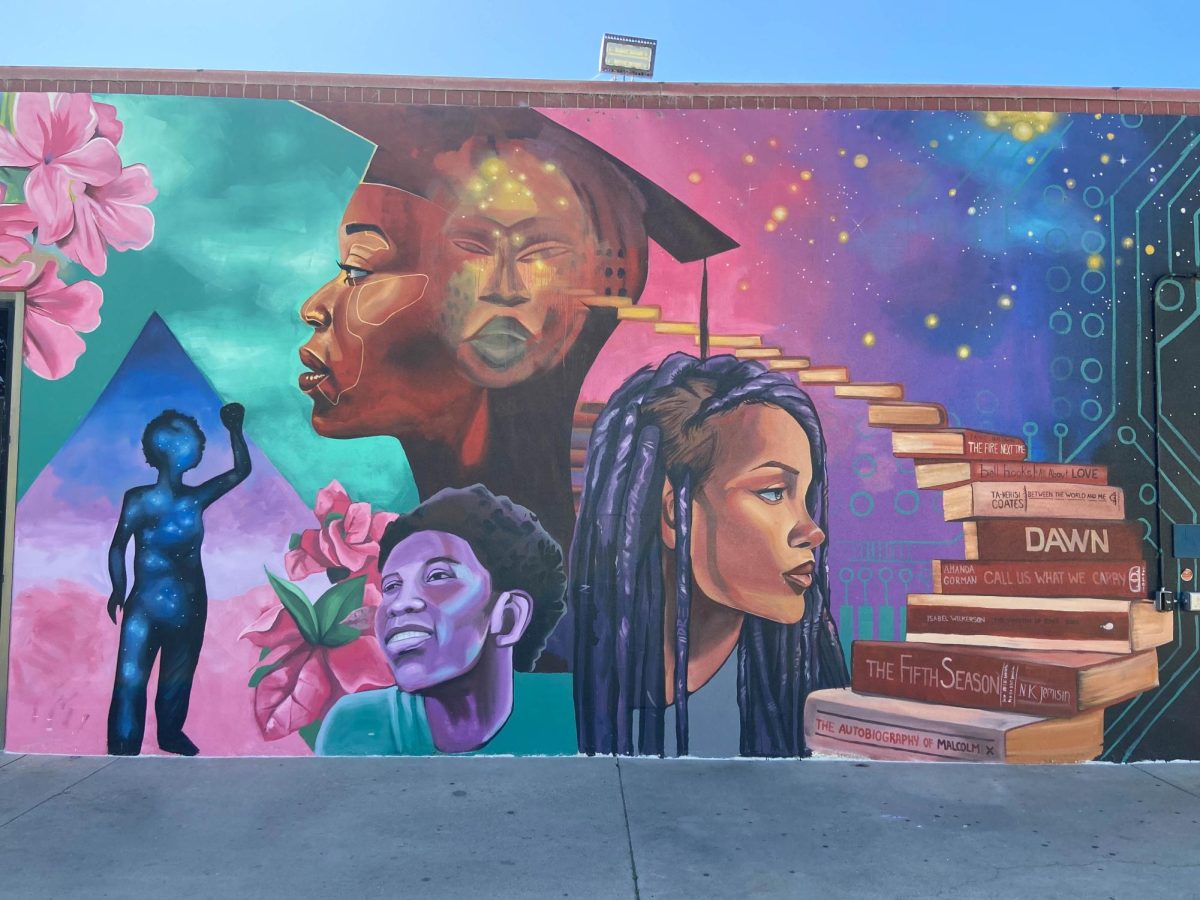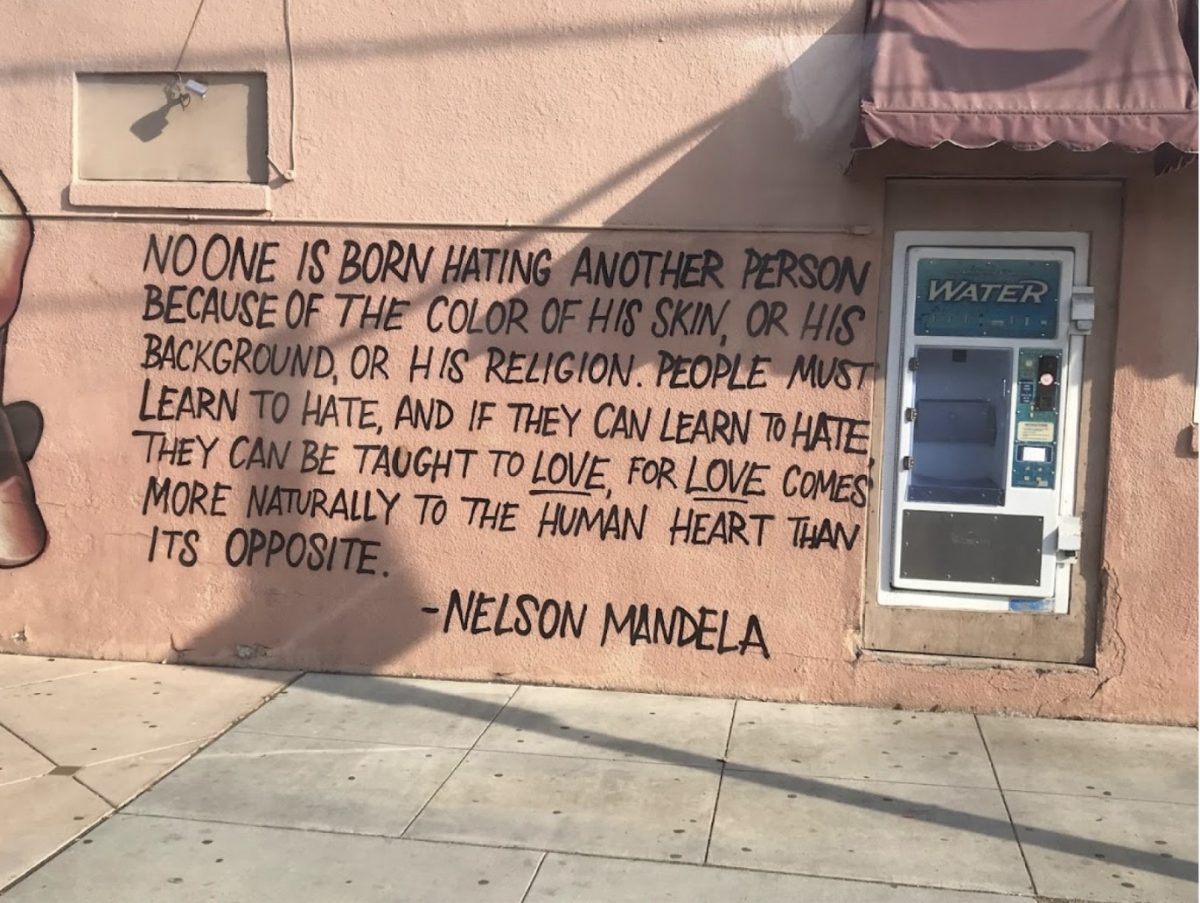As a little girl, I was captivated by Barbies to the point of obsession. My Barbies were kept in pristine condition – their hair always washed and brushed, dressed in elaborate gowns my grandmother had sewn, and always had shoes on so their feet never got dirty from the ground.
I had five or six of the same exact Barbie, all tall, thin, fair-skinned, and blonde. Any chance I got, I was playing with them. I wanted to be just like them.
I watched all of the animated Barbie movies on repeat my entire childhood. Barbie’s allure has always captivated me, not just for her flawless beauty but for the joy and kindness she radiated in every cartoon. There was something about her perpetual happiness and bubbly personality, despite challenges, that I strived to replicate. She set the standard for my self-perception and personal ideals.
Barbie was more than a doll for me, she was my inspiration. Therefore, you can imagine my sheer excitement when Greta Gerwig’s 2023 “Barbie” was announced. Thinking back on it, I’m not entirely sure what I was expecting. I knew the movie would be different from my cherished childhood cartoons, but I was unprepared for the significant and profound impact it would have on me.
What stood out to me the most was the film’s reimagination of Barbie, not merely as a symbol of aesthetic ideals but as a character with depth, navigating a world filled with expectations and scrutiny.
The movie has transformed not only my view of Barbie herself but my ideals of womanhood and self-acceptance. Making sure my dolls were always in perfect condition highlights how deeply rooted these ideals were in my childhood. Barbie, as a symbol, represented a standard of perfection for me, which I sought to replicate in my own life and carried with me even as I grew up.
The movie itself allowed me to challenge my own pre-existing notions about beauty and worth by presenting Barbie in a light that diverges from the traditional portrayal I grew up admiring.
I have always found myself comparing the way I look and act to unattainable standards that seem attainable through social media. I wanted to be taller, my hair to be straighter, my skin to be perfectly clear, my body to be thinner, my teeth to be whiter, and the list goes on.
Barbie has helped me realize that she is not just the perfect doll; she is a woman. She helped me understand that I don’t need to conform to a specific standard of beauty to be valued or happy.
I resonated most with the opening of America Ferrera’s monologue where, as a mother figure, she says to Barbie, “It is literally impossible to be a woman. You are so beautiful and so smart, and it kills me that you don’t think you’re good enough. Like, we have to always be extraordinary, but somehow we’re always doing it wrong.”
Thinking about my mom saying this to me and knowing the way I viewed myself deep down makes me tear up. She would be so upset to know I compare myself to others and am unhappy with my authentic self. I am now able to embrace my own unique qualities that make me who I am, accepting not only my visual appearance but my unique personality.


